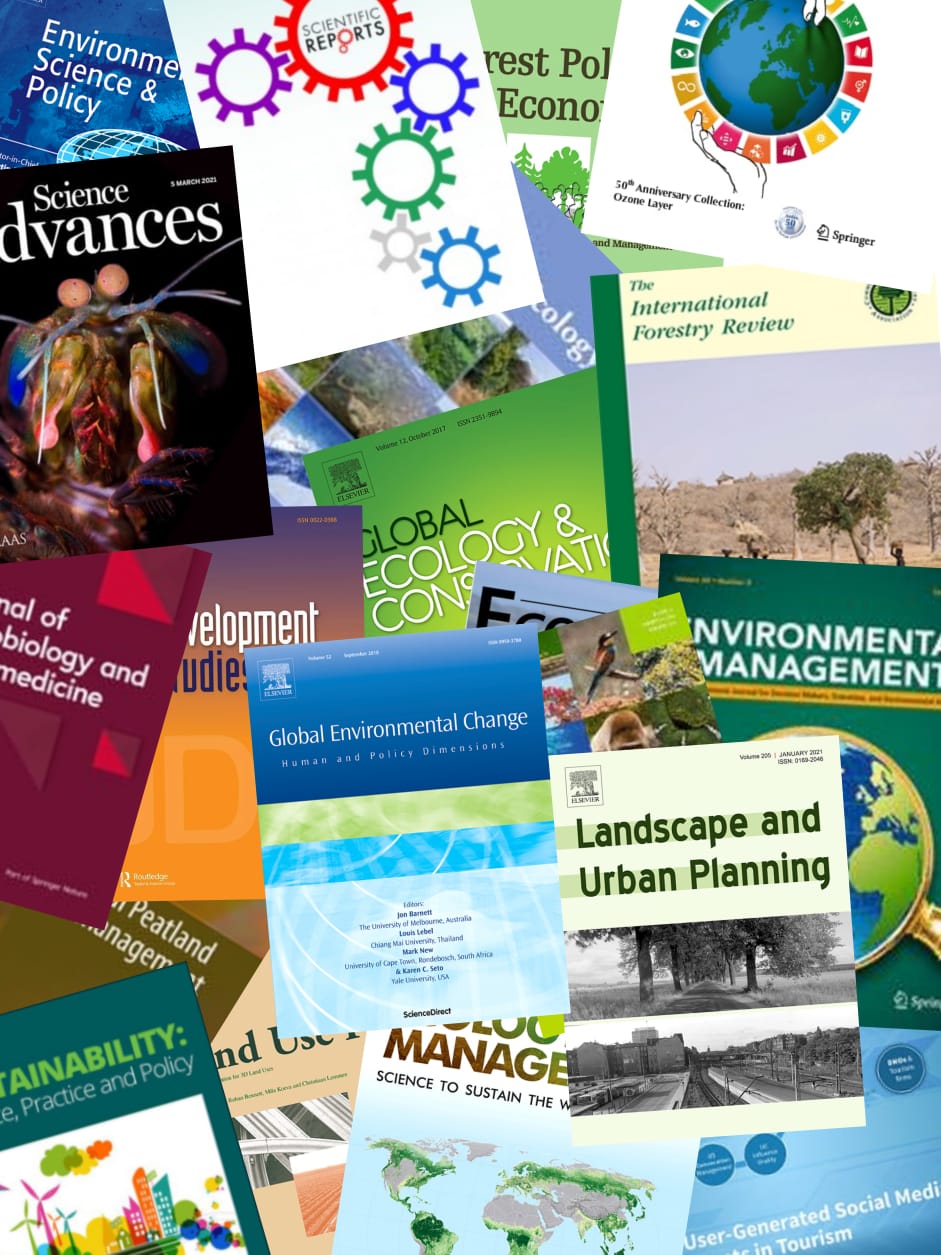Indonesia’s tropical peatlands are one of the world’s largest carbon sinks, and they are facing the threat of extensive degradation and conversion. The Indonesian government is committed to peat restoration. However, restoration is still a costly, top-down approach lacking community participation, and is focused on the 3R scheme (rewetting, revegetation, and revitalization). Peatland restoration businesses are part of the innovative effort to finance this endeavor. Unfortunately, there is not much information available about the pre-conditions required to create a restoration business. This study seeks to understand the enabling conditions for the development of peatland restoration, with a focus on the tamanu oil business, and to assess whether the same situation might apply in the context of the restoration of degraded peatland. PEST analysis is used to describe the macro-environmental factors of the tamanu oil business and its development opportunities in degraded peatlands. Tamanu oil-based peat ecosystem restoration businesses offer good prospects because of the growing it has grown the bioenergy and biomedical markets, and they can cover a larger area of degraded peatland landscape. For tamanu oil businesses to succeed in peat ecosystem restoration, we recommend that policy documents at various levels include tamanu as a priority commodity for peatland restoration and alternative community businesses, followed by planting programs by all stakeholders. The government and social organizations must take positions as initiators and catalysts, establish a significant number and extent of pilot tamanu plantations, and create a mutually supportive business climate between entrepreneurs and peatland managers.
View source

